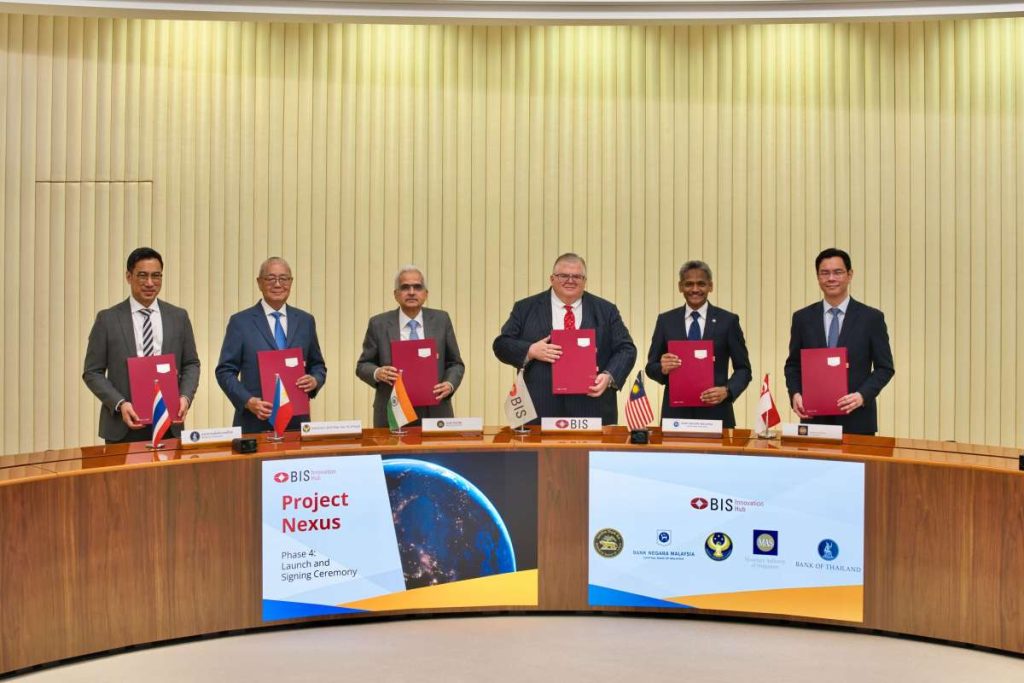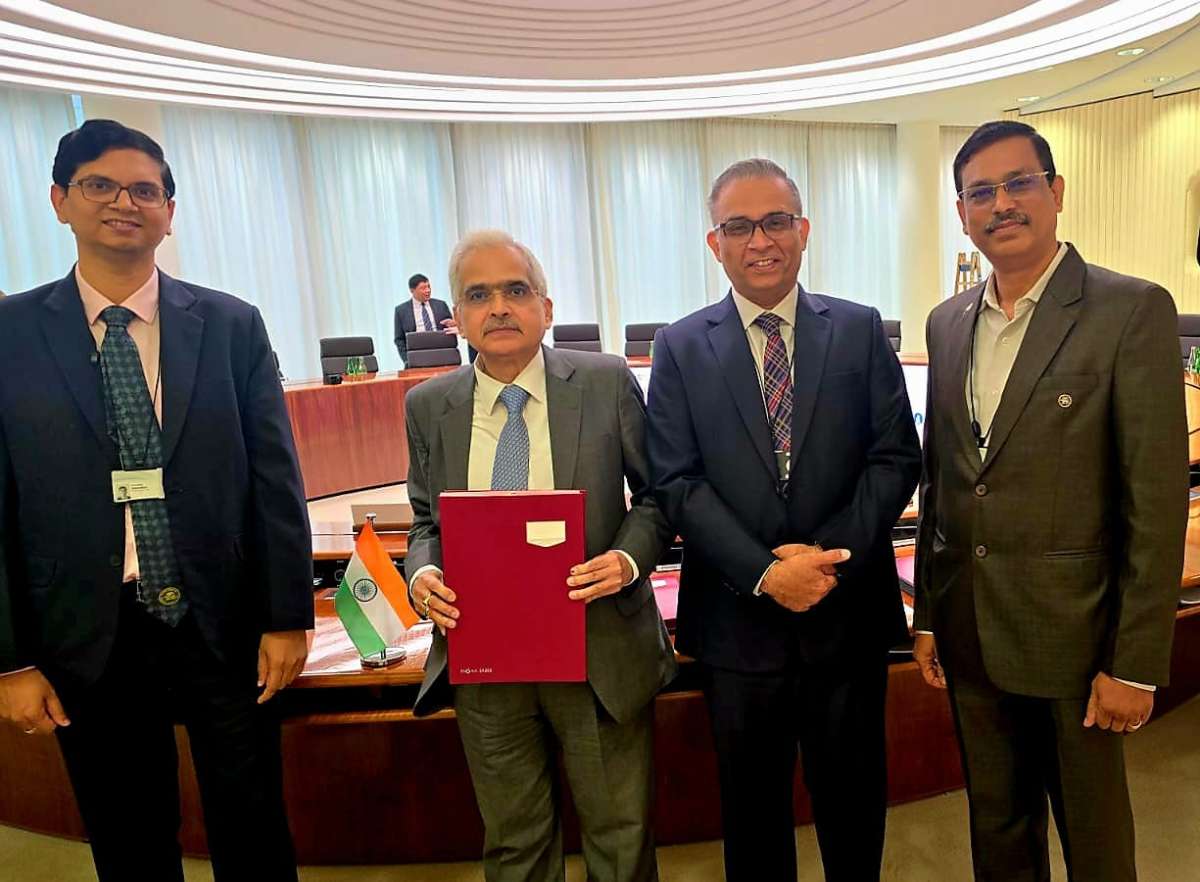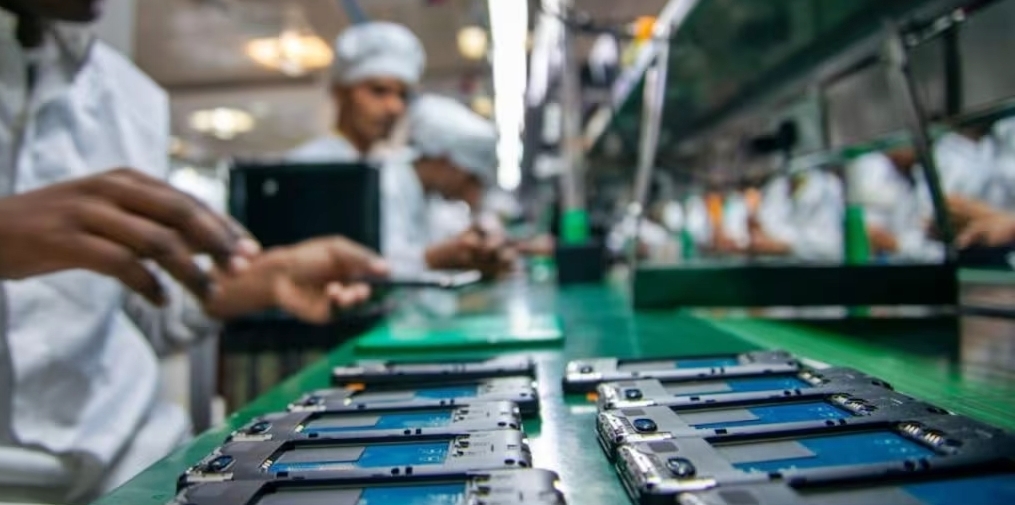The RBI statement said that the platform may be extended to more countries, going forward….reports Asian Lite News
India has joined Project Nexus, a multilateral international initiative that aims to enable instant cross-border retail payments through interlinking payment systems of various countries.
Nexus was conceptualised by the Innovation Hub of the Bank for International Settlements (BIS) to connect the payment systems of four ASEAN countries (Malaysia, Philippines, Singapore, and Thailand) and India, who would be the founding members and first mover countries of this platform.
As per a statement from the Reserve Bank of India (RBI), an agreement was signed by the BIS and the central banks of the founding countries — Bank Negara Malaysia (BNM), Bank of Thailand (BOT), Bangko Sentral ng Pilipinas (BSP), Monetary Authority of Singapore (MAS), and the RBI on Sunday (June 30, 2024), in Basel, Switzerland.
Indonesia, which has been involved from the early stages, continues to be involved as a special observer.
The RBI statement said that the platform may be extended to more countries, going forward.

The platform is expected to go live by 2026. Once functional, Nexus will play a key role in making retail cross-border payments efficient, faster, and more cost-effective.
RBI has been collaborating bilaterally with various countries to link India’s digital public infrastructure — Unified Payments Interface (UPI) — with their respective counterparts for cross-border payments.
While India and its partner countries can continue to benefit through such bilateral connectivity of fast payment systems, a multilateral approach, such as this Nexus, will provide a further push to such efforts in expanding the international reach of Indian payment systems.
Payments through digital means in India are hitting fresh highs, as its citizens are increasingly adopting the emerging modes of transacting on the internet.
The UPI payment system has become hugely popular for retail digital payments in India, and its adoption is increasing at a rapid pace.
UPI is India’s mobile-based fast payment system, which facilitates customers to make round-the-clock payments instantly, using a Virtual Payment Address (VPA) created by the customer.
Among others, a key emphasis of the Indian government has been on ensuring that the benefits of UPI are not limited to India only; other countries, too, benefit from it. So far, Sri Lanka, Mauritius, France, UAE, and Singapore, among others, have partnered or intended to partner with India on emerging fintech and payment solutions.
The share of UPI in digital payments in India has reached close to 80 per cent in 2023. Today, India accounts for nearly 46 per cent of the world’s digital transactions (as per 2022 data). (ANI)














